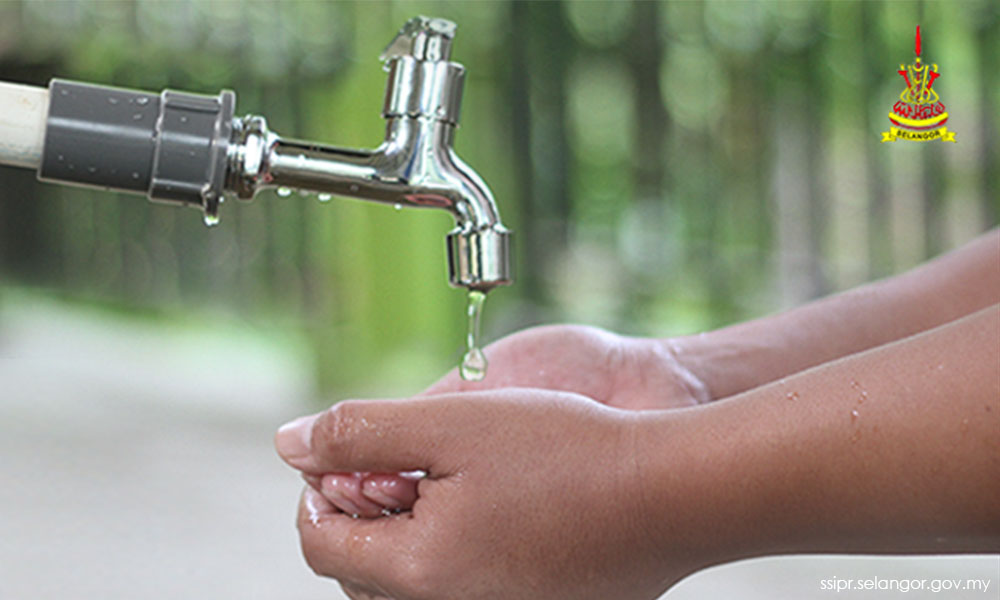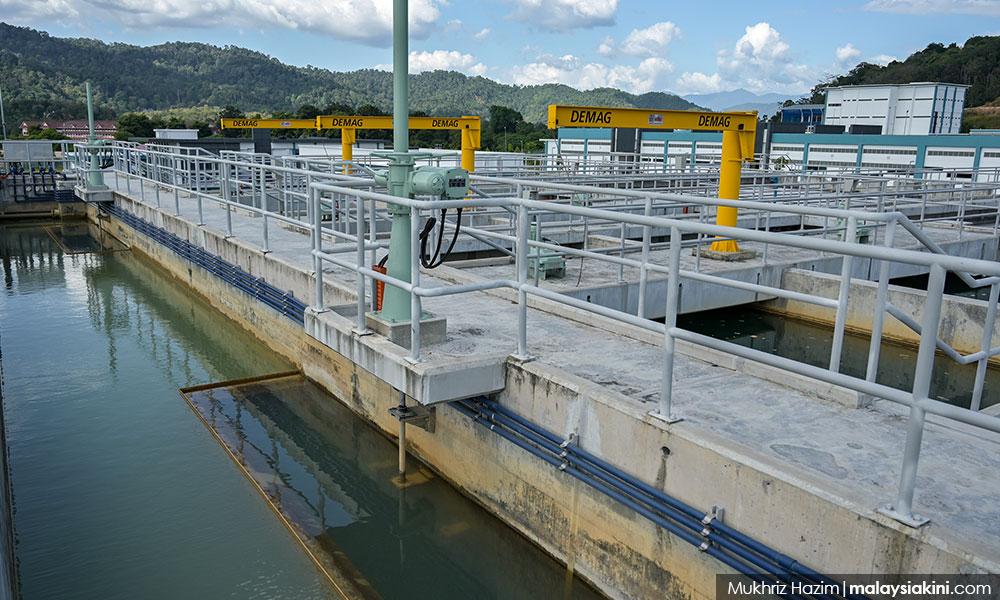MP SPEAKS | As most of the world observed World Water Day on March 22, all of us from our homes must recognise that our interdependence on water and climate change cannot be separated and collective action will be key to managing these issues.
We, the people, government and opposition alike need to adopt a holistic approach in managing our water resources in Malaysia.
Development plans which include rainwater harvesting, stormwater storage as well as utilisation of ponds and other means to retain water have to be planned now.
The country’s urbanisation rate of approximately 76 percent puts pressure on the present system.
On top of that, we also need to take into account industrialisation and agricultural needs.
As such, we need to educate the population on water management.
Don't take for granted that this precious commodity will always be there. We need to repent and learn how to conserve this resource.

We have to change the way we think on water usage, and start utilising technology to help us become more efficient.
The Paris Agreement has set targets and Malaysia is a signatory to that agreement.
We have pledged to reduce the country’s carbon emissions by 45 percent from 2005 levels by 2030.
Right now, despite the present circumstances, we have just 10 years left to achieve this.
On strategies moving forward, the government will need to devise demand and supply planning now, for the next 50 years to come.
States, irrespective of political standing in each government, cannot afford to work in silos; they must share and open up to help each other.
We must exchange resources without being selfish. Malaysia is going through a great change as far as the climate is concerned.
This is a fact we must all realise and work together.
Malaysia currently uses 90-95 percent of surface water as its primary water source. However, we are also enriched with huge amounts of groundwater. This can be explored as an alternative water source to complement surface water use.
These resources must be managed in the best manner. This is an industry that needs a financial injection due to the high capital expenditure and operating expenditure costs.
Currently, this can only be done by the federal government, but we are well aware that funds are limited.
So I ask that the opportunity be given to the private sector as well.

The water industry must be profit-capped and industry players must be scrutinised and regulated by the National Water Services Commission (SPAN).
Profit margins must be capped and only companies that agree to these principles must be allowed to take part in this industry.
To make this happen, the Water Services Industry Act 2006 (WSIA) must be revisited to make the necessary changes.
To this end, I have asked the ministry to look into it during my tenure as water, land and natural resources minister, and hopefully, it will be brought to Parliament by the end of this year.
And now ,for the most important part - water tariffs. We will not see any efficiency without a tariff increase. This is a capital intense industry and the operations and maintenance costs are high.
The people must understand this, and there is a need to move forward with this issue. With all the resources at our disposal, we must plan for the future.
The objective of 24 hours of water supply, 365 days a year with no interruption, is not impossible.
We can, and all of us should, shoulder this responsibility.
Water is life, and life is water.
God bless Malaysia!
DR XAVIER JAYAKUMAR is the Member of Parliament for Kuala Langat and a vice-president of Parti Keadilan Rakyat.
The views expressed here are those of the author/contributor and do not necessarily represent the views of Malaysiakini.

